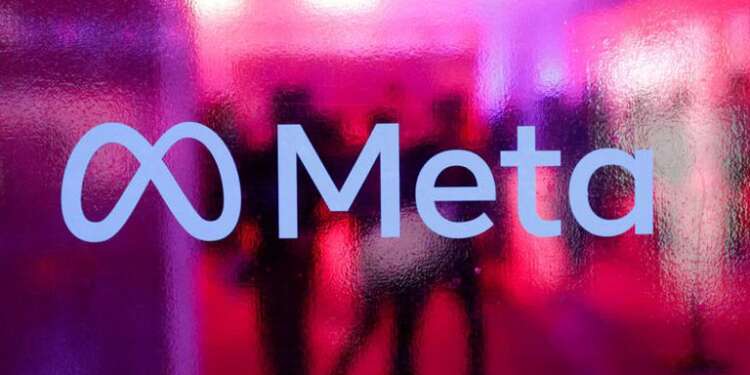Meta, the parent company of Facebook and Instagram, has ended its ban on the Arabic word “shaheed” or “martyr” in English, following recommendations from the organisation’s advisory body, the Oversight Board.
The term “shaheed” had been under review for nearly a year. The Oversight Board found the blanket ban on the word “overbroad”, urging Meta to revoke it. According to the board, the word “shaheed” was taken up for review because it constituted more content takedowns across Meta’s social media platforms than any other term.
In March, the board announced in conclusion of its review that Meta failed to take into account the diverse connotations of the word, and that the term “shaheed” was not just used to glorify individuals involved in violent or terrorist activities.
Meta has acknowledged that “shaheed” is one of the most over-enforced words on its platform, the Oversight Board says.
“The Oversight Board welcomes Meta’s announcement today that it will implement the Board’s recommendations and introduce significant changes to an unfair policy that led to the censoring of millions of people across its platforms,” says the board.
The ban had broad implications for Arabic-speaking users on Meta platforms and violated their right to expression. Meta has been facing persistent backlash from digital rights advocates over its handling of Arabic content, especially in the context of Israel’s ongoing atrocities in Gaza. Several reports and personal accounts have shown that the company’s management of pro-Palestine content and posts from the Middle East is discriminatory and radicalising.
“After an extensive Oversight Board review, which considered concerns that the policy may be contributing to censorship of those commenting on situations like the violence seen in conflict, including in Gaza and Sudan, the Board’s proposals showed that even in times of crisis, a more suitable and balanced approach was possible,” the board says.
More on the Oversight Board’s review here.




